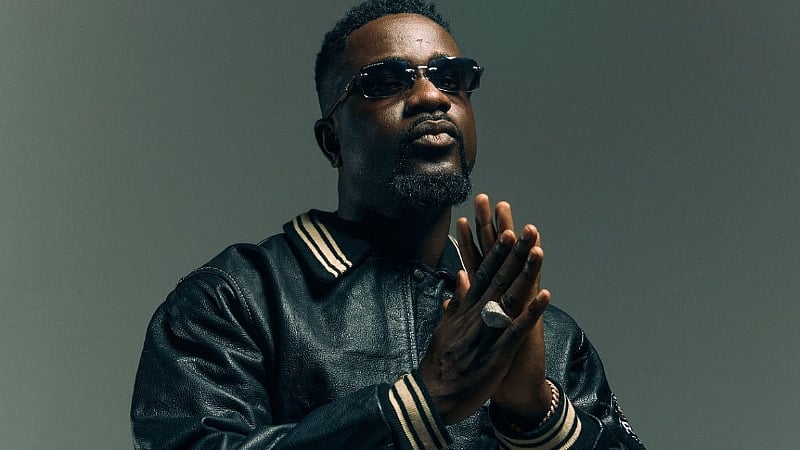The tragic helicopter crash on August 6th in Ghana, which claimed the lives of eight prominent figures, including two government ministers, has sparked a national conversation about responsible journalism in the face of tragedy. Rapper Sarkodie, a prominent voice in Ghana, criticized the media’s handling of the incident, lamenting the prioritization of sensationalism over human decency. His critique centered on the widespread dissemination of graphic images and unverified videos purportedly from the crash site, raising concerns about the potential harm caused to the grieving families and the erosion of ethical journalistic practices. This incident has served as a stark reminder of the delicate balance between the public’s right to know and the imperative to treat victims and their families with respect and compassion during times of profound loss.
Sarkodie’s condemnation wasn’t isolated. The Ghana Journalists Association (GJA) echoed his sentiments, releasing a statement urging media practitioners to uphold professional standards in their reporting. The GJA specifically denounced the publication of gory visuals and emphasized the need for sensitivity and ethical considerations. This underscores a growing awareness within the journalistic community itself of the potential for harm when the pursuit of breaking news overshadows fundamental humanitarian principles. The incident has served as a crucial moment for self-reflection within the media landscape, prompting a re-evaluation of the boundaries of responsible reporting, particularly in the age of instantaneous information sharing.
The helicopter crash deeply impacted the nation, claiming the lives of individuals who had significantly contributed to Ghana’s political and social landscape. Among the deceased were Dr. Edward Omane Boamah, the Minister for Defence, and Alhaji Dr. Ibrahim Murtala Mohammed, the Minister for Environment, Science, Technology and Innovation. Their loss represents a significant blow to the government and the nation, underscoring the magnitude of the tragedy. The other victims included Alhaji Muniru Mohammed, Acting Deputy National Security Coordinator; Dr. Samuel Sarpong, Vice Chairman of the NDC; Mr. Samuel Aboagye, a former parliamentary candidate; Squadron Leader Peter Anala; Flying Officer Twum Ampadu; and Sergeant Ernest Addo. Each individual played a role in shaping Ghana’s future, and their untimely deaths represent a collective loss for the nation.
The incident has highlighted the potential pitfalls of the 24/7 news cycle and the pressure to be first with breaking news. In the digital age, the speed of information dissemination has increased exponentially, often at the expense of accuracy and sensitivity. The graphic images and videos circulating online not only violated the privacy of the victims and their families but also risked misrepresenting the facts surrounding the tragedy. The rush to publish without proper verification can lead to the spread of misinformation, exacerbating the trauma experienced by those directly affected and potentially fueling public anxiety. This incident underscores the urgent need for responsible media practices that prioritize accuracy, context, and respect for human dignity.
The widespread criticism of the media’s coverage signifies a growing public demand for responsible journalism that recognizes the human cost of tragedy. The public outcry against the insensitive reporting reflects a societal shift towards valuing empathy and respect in media narratives. This incident serves as a powerful reminder that journalism is not simply about reporting the facts; it is about conveying those facts with sensitivity and understanding, particularly when dealing with loss of life. The public’s reaction signals a growing intolerance for sensationalism and a desire for news coverage that respects the dignity of individuals, even in the face of tragedy.
The helicopter crash and its aftermath have illuminated critical questions about the ethics and responsibilities of journalism in the digital age. The incident underscores the need for media outlets to prioritize accuracy, verify information before dissemination, and exercise restraint in sharing graphic content. It also highlights the importance of considering the potential impact of reporting on victims, their families, and the wider community. This tragedy serves as a crucial learning moment for the media industry, prompting a reevaluation of its practices and a renewed commitment to ethical reporting. The incident represents a pivotal opportunity to foster a more responsible and compassionate media landscape that prioritizes human dignity above the pursuit of sensationalism.


